Lies of P's new easier difficulty modes reveal the true soul of a soulslike, and surprise: it's not dropping dead every time a monster sneezes
Friction matters, but there's so much to a good soulslike beyond difficulty.
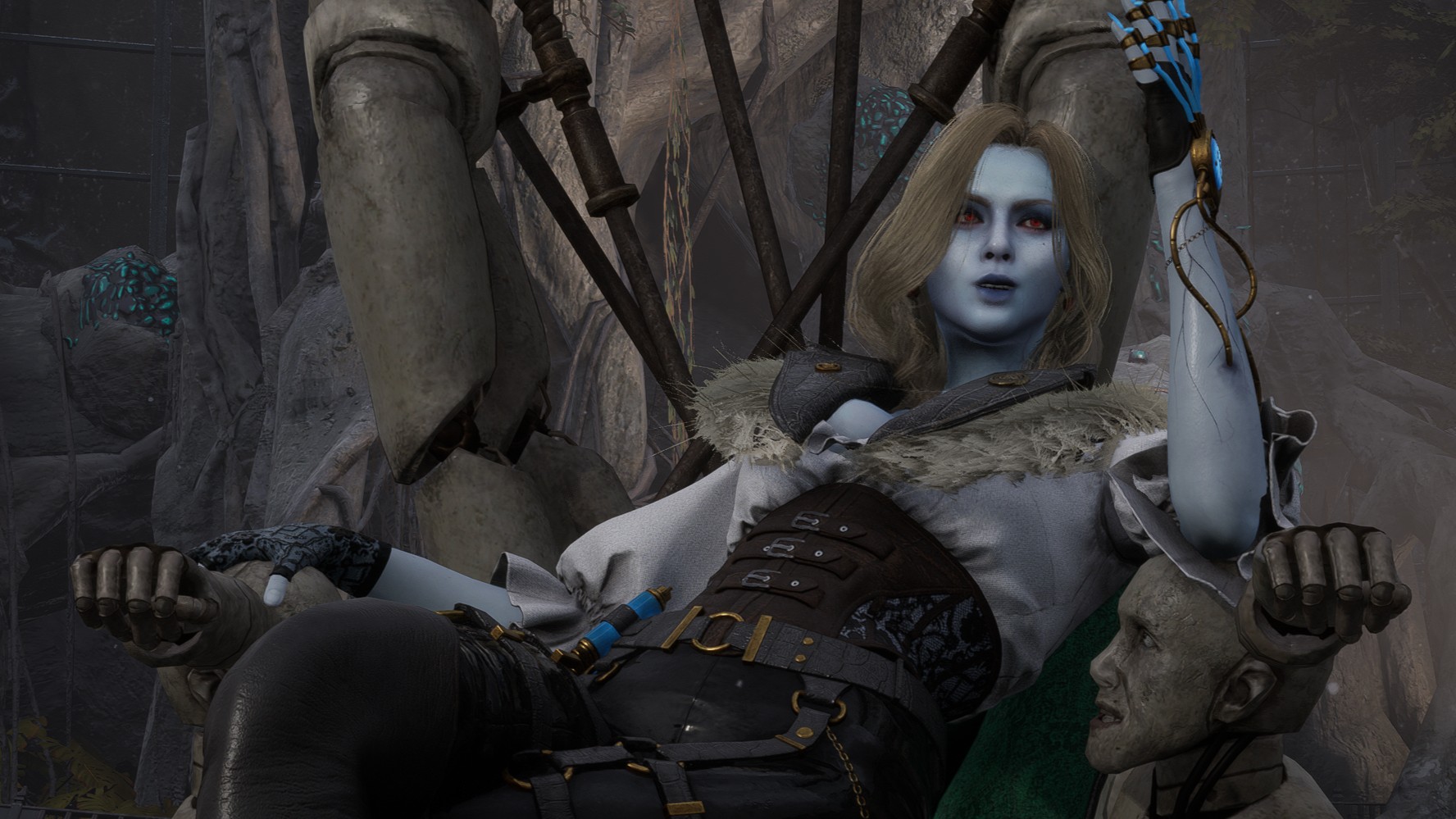
Lies of P: Overture, the new and impressively lengthy expansion to Neowiz's "Fairytale of New Yharnam," is packed with fascinating characters, the juiciest lore, and plenty of glistening abominations covered in a concerning quantity of teeth and eyeballs. But a little feature patched into the main menu during Overture's release caused a predictable stir: difficulty.
Yep, it finally happened. A developer dared to add not one but two additional difficulty settings to their soulslike, both of them easier than the standard one. And just to really muck it all up, they made sure I can switch between all three of them without penalty as often as it suits my mood.
It should feel like heresy. Wrong. A cynical, mainstream-pandering betrayal of the soulslike, right? A gross misunderstanding of the whole point of slogging through dozens of hours of poisonous swamps, which was… what again, exactly?
In practice, Lies of P's new options just show that an almost myopic focus on difficulty—a game's quality measured almost exclusively in the number of deaths and restarts it can make me endure before I reach the end or call it quits—only distracts from the genre's real strengths. It's not how hard things hit that makes soulslikes special, and never has been.
Which is why it doesn't really feel like anything's changed at all when I dial the game all the way down to "Butterfly's Guidance," which is Lies of P's polite way of saying "as easy as it gets." I'm still getting knocked off ledges and sent unceremoniously to my instant death. I'm still blindsided by enemies bursting through walls, or hiding behind me in the dark. I still risk losing all my unspent Ergo when I die to something I should have avoided. And bosses still have plenty of ways to crush P's puppet bones, break his weapons when I need them most, or set him on fire.
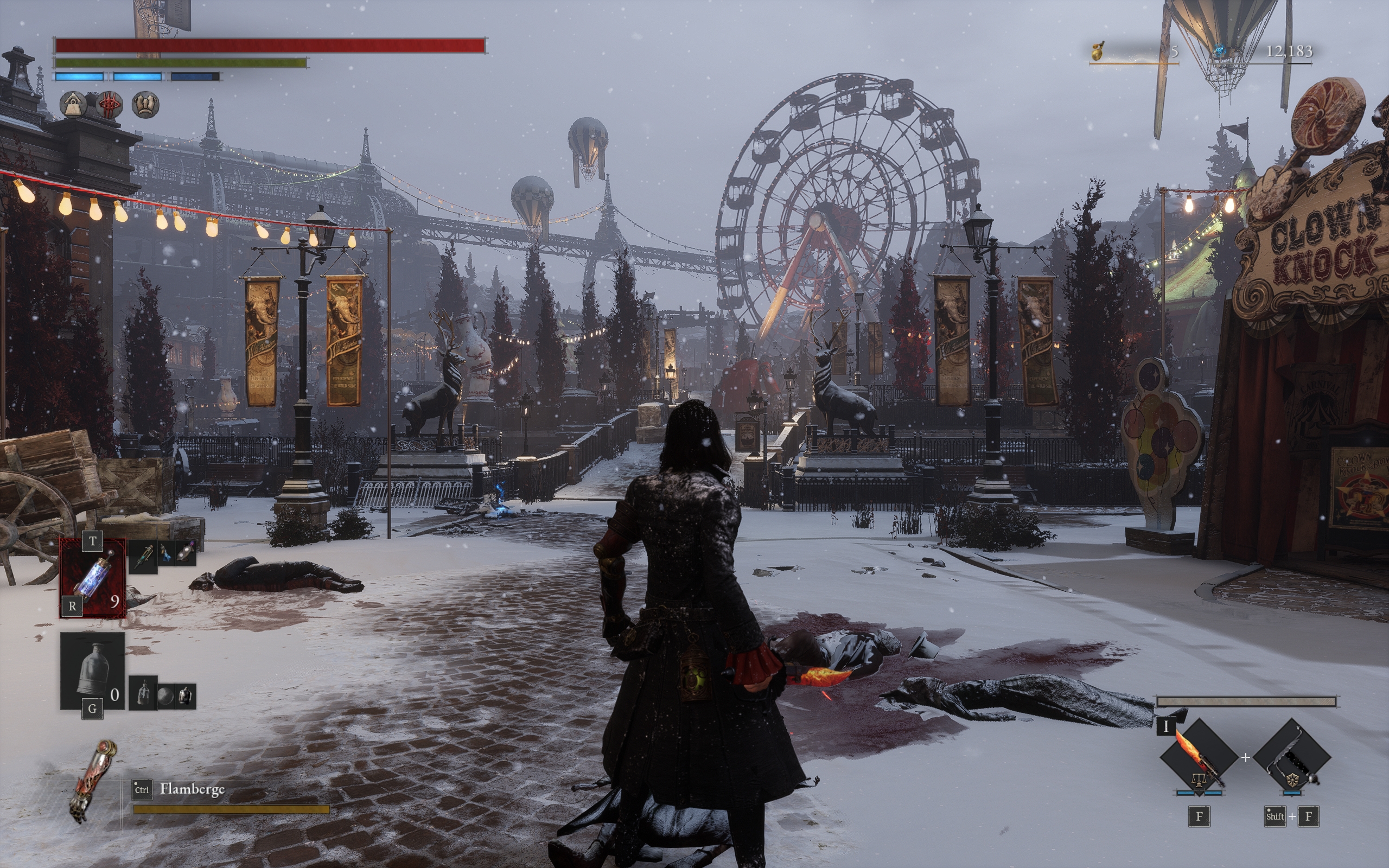
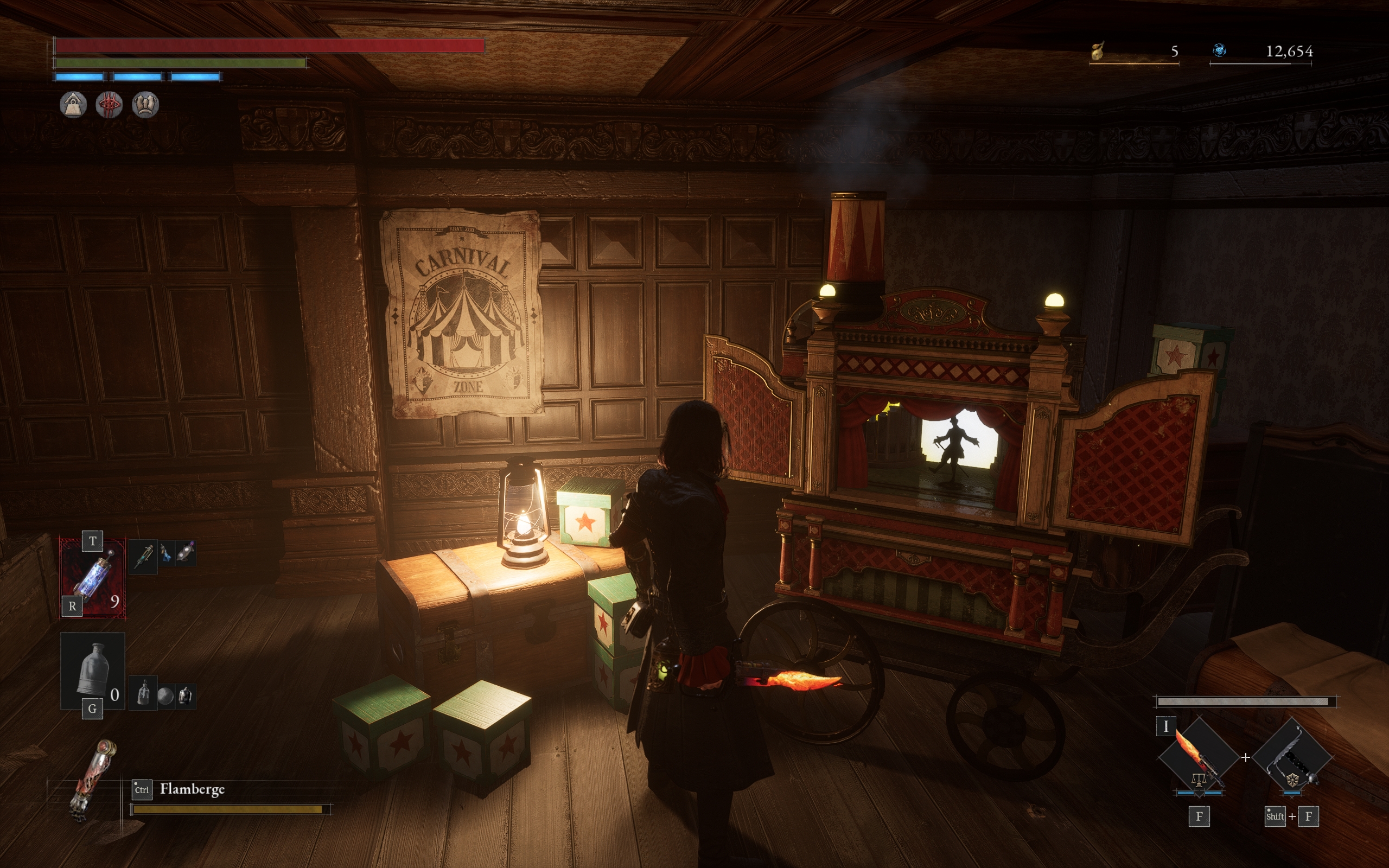
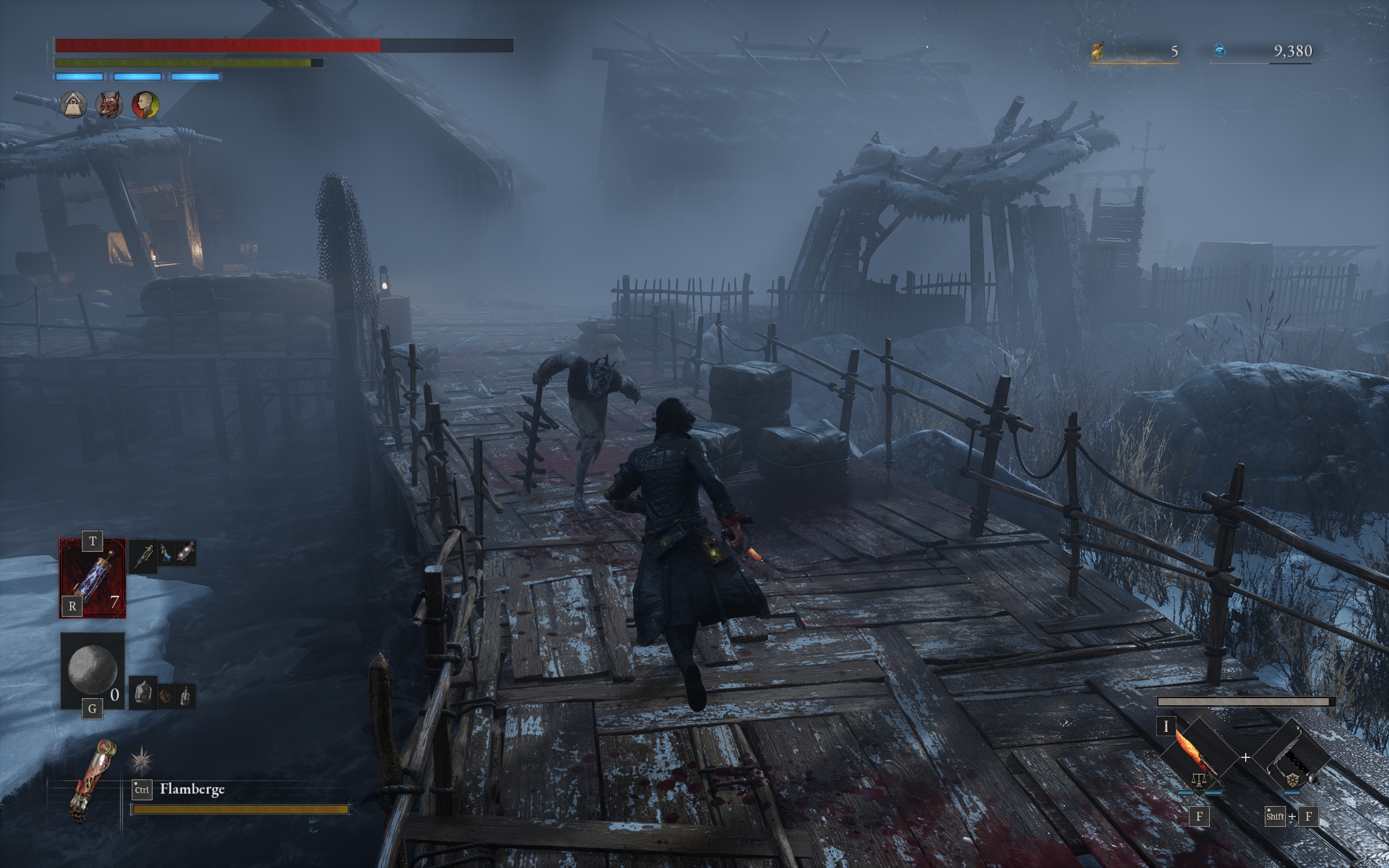
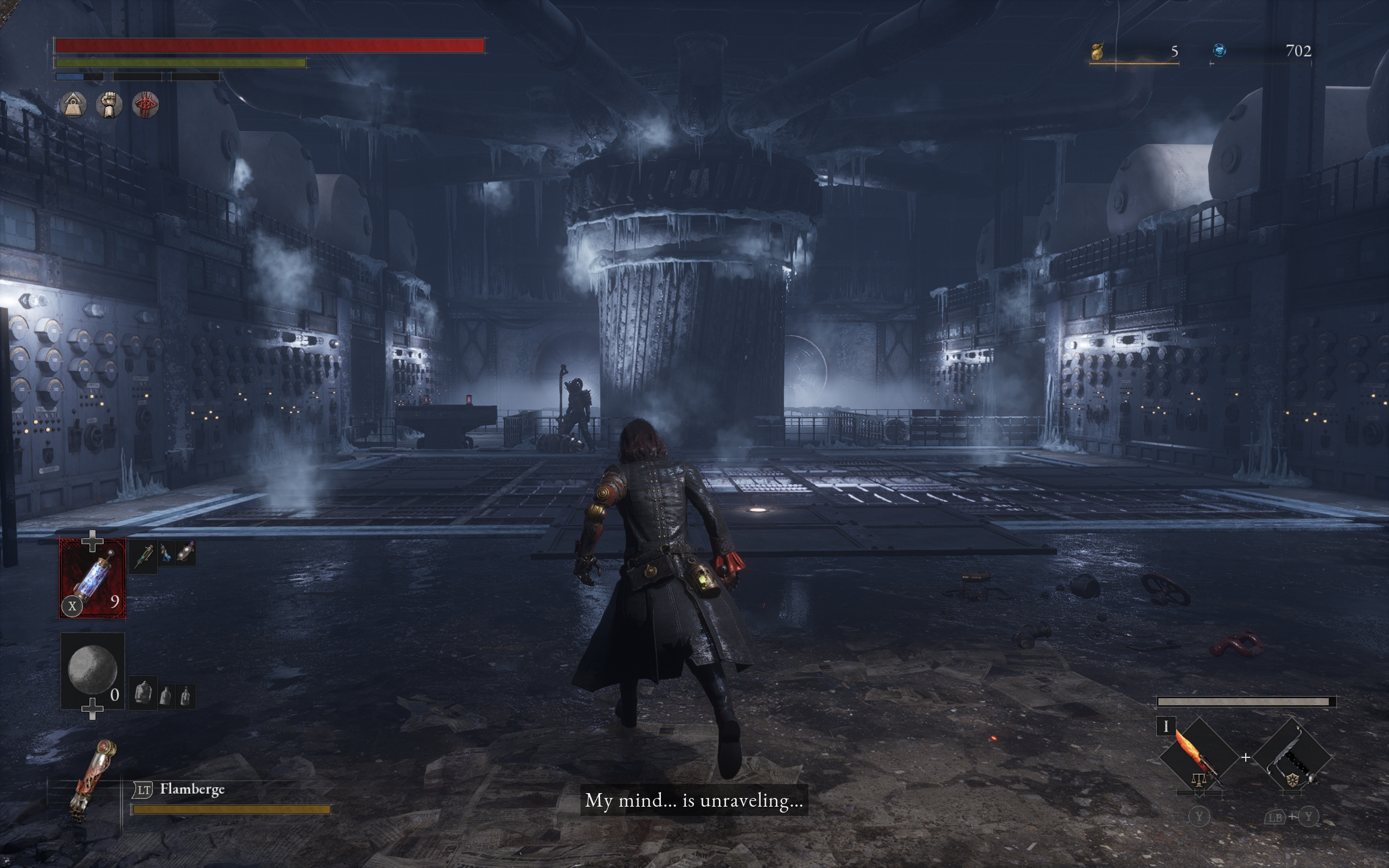
Just a bit of leniency, as these difficulty settings offer, means that when I do mistime a parry or plain don't see something coming, I get a chance to dust myself off straight away, ready for another go. Ready to learn from my mistake and immediately put my painful experience into practice. Getting repeatedly slammed in the face by zombie kangaroos and weird oversized fish is hilarious now that I don't have to wonder how much time and progress I'm about to lose because I couldn't quite remember if the next one in this area comes in from the left or the right.
And when something big leaps in from above I don't quickly calculate the risk vs. reward vs. my health bar vs. my current resources vs. distance to the nearest stargazer in my head and then decide anyway it's probably safest to come back later—I just try my best and see how I get on.
Keep up to date with the most important stories and the best deals, as picked by the PC Gamer team.
Maybe I'll lose anyway. But even if I do, I'll probably last long enough to learn something from the encounter, no matter how underprepared I was at the start.
Because of these changes I'm playing Lies of P more, not less. I don't have to wonder if I'm too tired to even load the game up after work, well aware that a string of sloppy resource-wasting runs could leave me with an automatically overwritten save file that's worse than the one I started with. And the time I do spend with the game is used on a wider variety of experiences than just trying to survive the next 10 steps ahead.
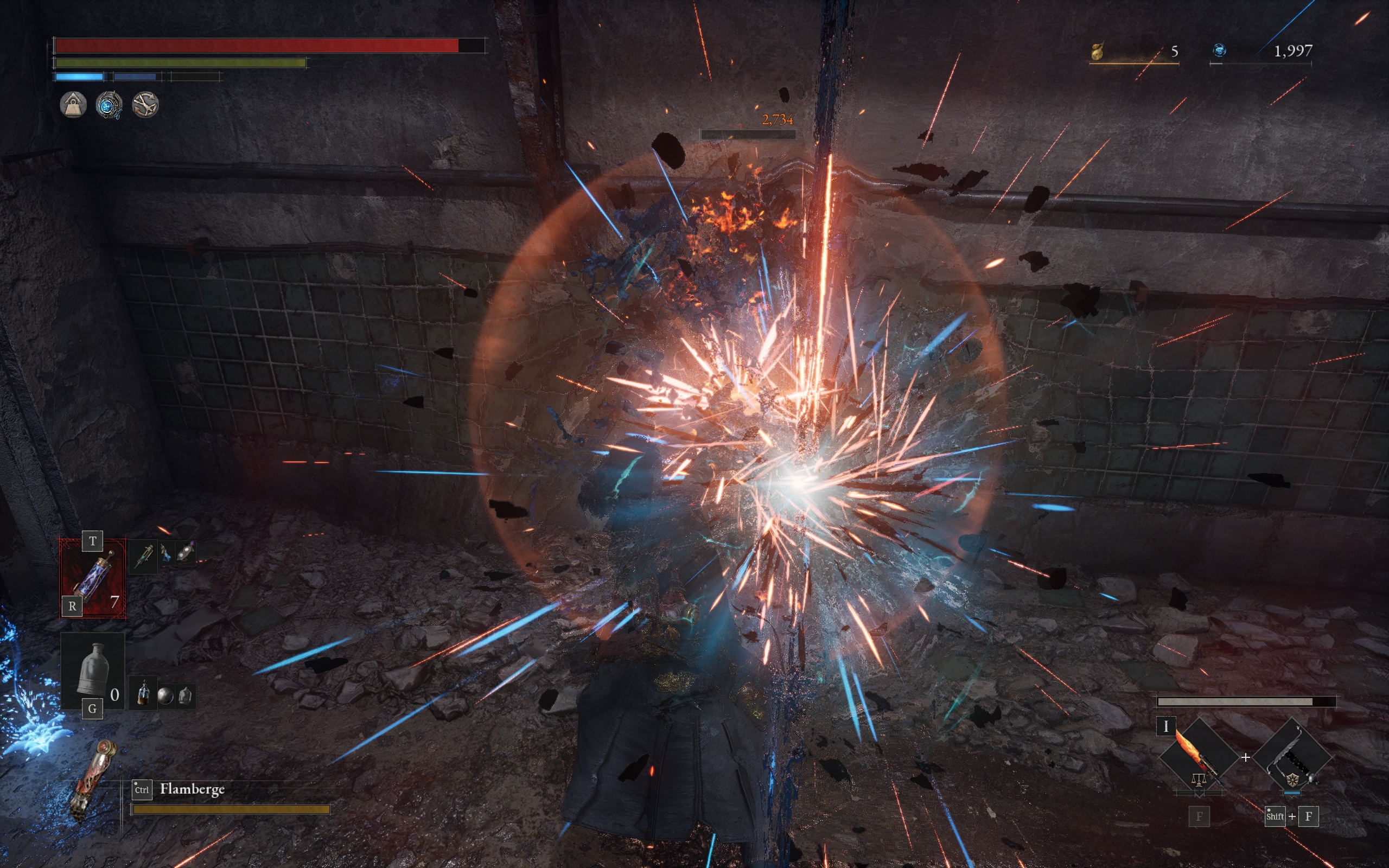
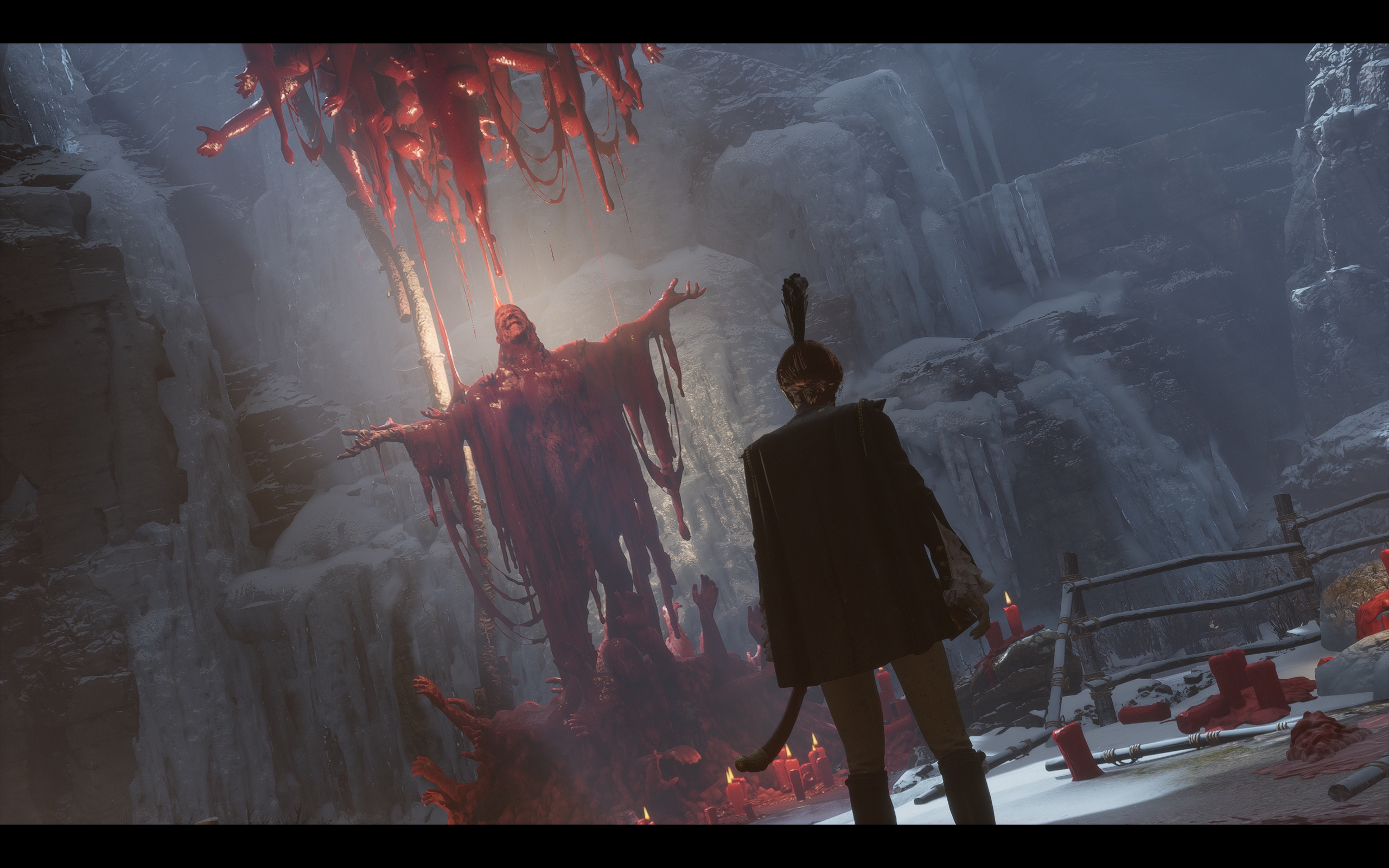
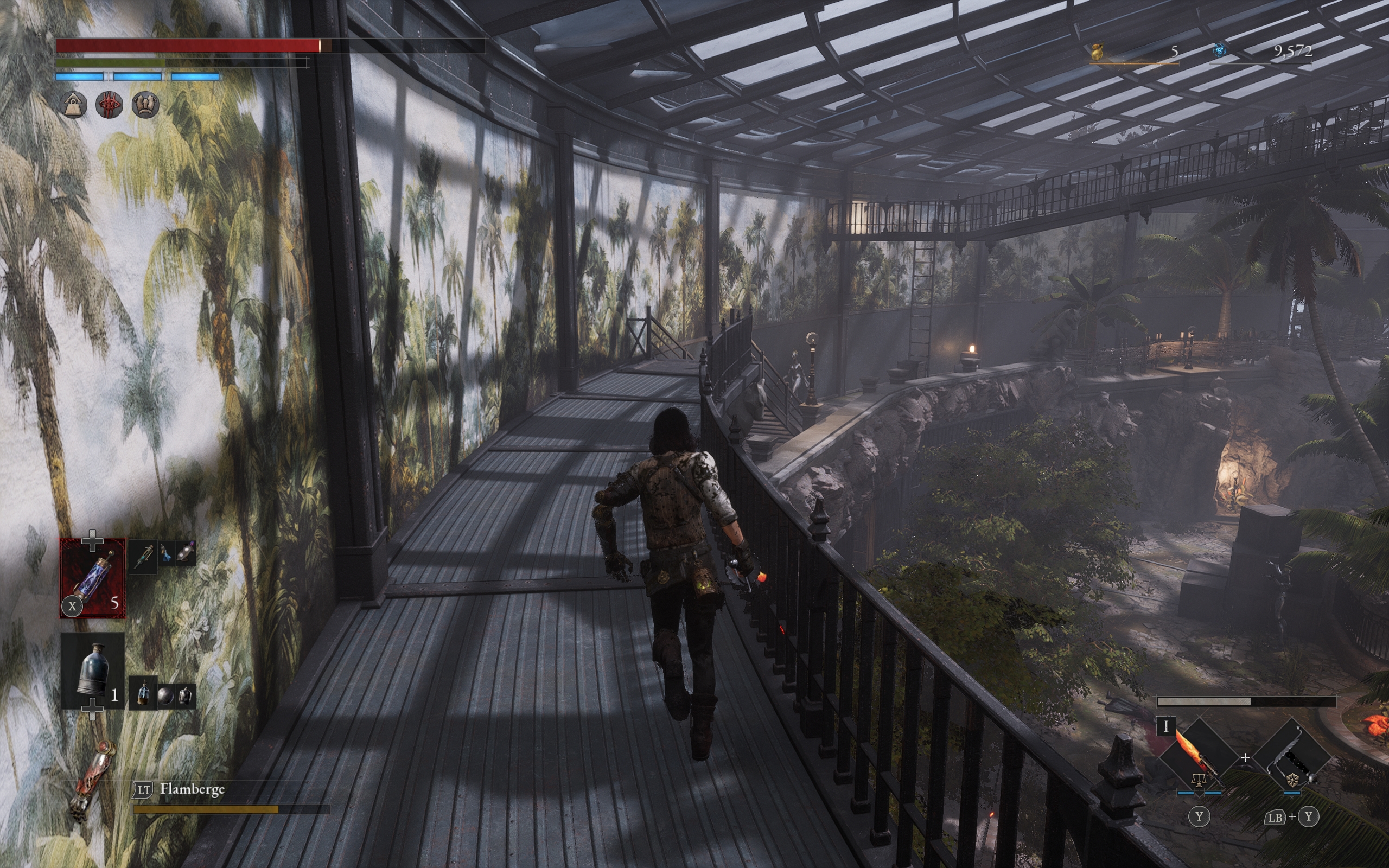
Overture is an exquisitely crafted string of twisted fairytale locations wrapped in gilded grandeur, and it's a pleasure to be able to (carefully) walk around and admire the artistry that's gone into the creation of these areas. To poke around a mad circus and enjoy the tattered tents and strange stalls without having to worry too much about getting into life-ending trouble, to stand on an icy ledge and admire the sight of a shipwreck under a night sky streaked with auroral ribbons. It's enough to just be out there, reading intriguing notes I find in strange places and wondering what the view's like from a particular vantage point.
Friction is important. The right level of challenge can bring entire games to life. Coming out on top after an intense struggle can be absolutely exhilarating. But fighting a boss five times in a row instead of 50 before I finally win—especially by choice—only spoils a game if a shallow parade of enemies with occasionally questionable hitboxes and groan-inducing second phases is all it has to offer in the first place.
Lies of P's better than that, and by offering an alternative to the status quo, one that invites me to voluntarily strip the entire game of the one thing that's supposed to matter more than anything else, it's proved it.

Kerry insists they have a "time agnostic" approach to gaming, which is their excuse for having a very modern laptop filled with very old games and a lot of articles about games on floppy discs here on PC Gamer. When they're not insisting the '90s was 10 years ago, they're probably playing some sort of modern dungeon crawler, Baldur's Gate 3 (again), or writing about something weird and wonderful on their awkwardly named site, Kimimi the Game-Eating She-Monster.
You must confirm your public display name before commenting
Please logout and then login again, you will then be prompted to enter your display name.

